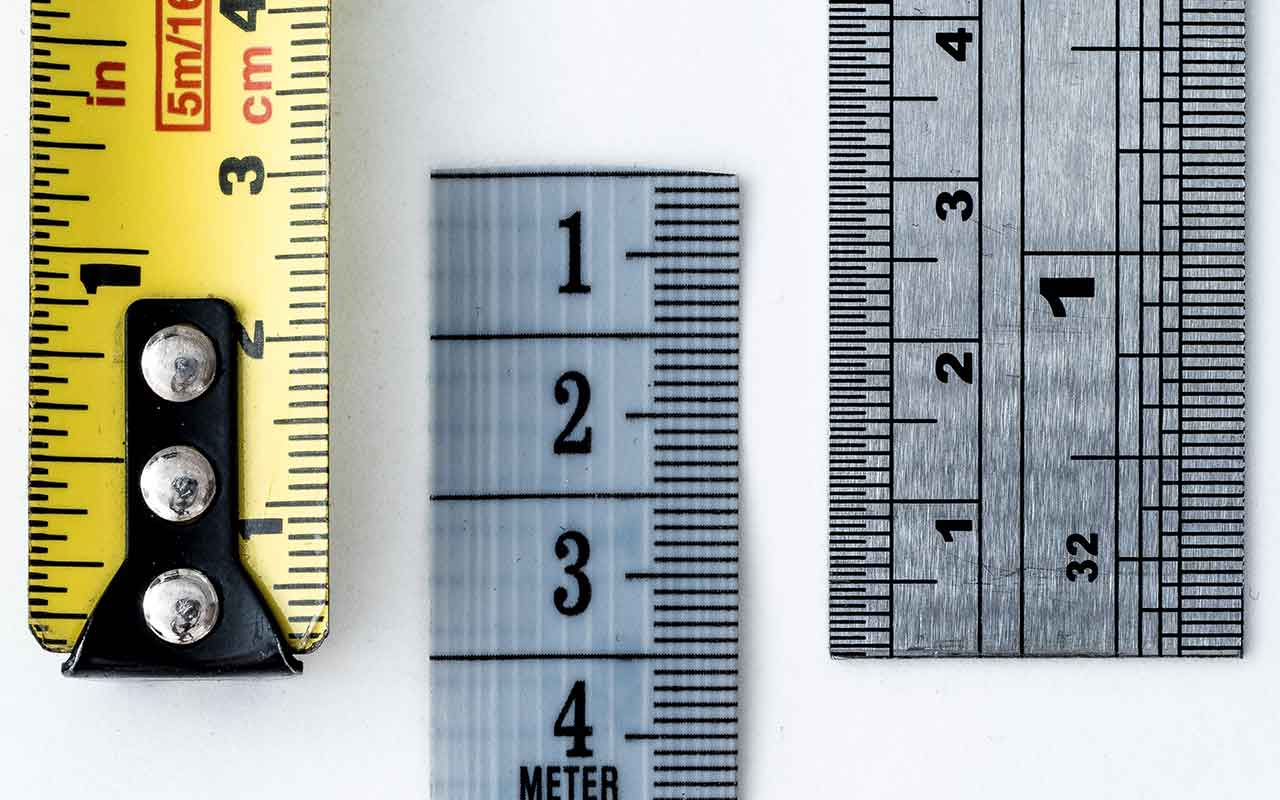By Fr. Tom Zelinski, OFM Cap.
During the past week the Franciscan Calendar offered two feast days which featured unusual phenomena, “signs and wonders.” On September 17th we celebrated the feast of the Stigmata of St. Francis of Assisi, which honors his receiving the wounds of Christ in his hands, feet, and side. The next day was the feast of St. Joseph of Cupertino, who was known to “levitate” while praying. That is, during prayer, he would begin to rise off the floor.
Catholic tradition has always had room for miracles and other unusual happenings, seen as reminders of the presence and reality of God. We still make use of miracles in the process of canonizing saints. People await the report of an approved miracle that will allow Blessed Solanus Casey to be declared a saint.
It is normal for ordinary humans to take note of these things and be amazed. But there is a danger of putting too much emphasis on these “signs and wonders” and think that’s what real holiness is all about. We always need to be called back to basic virtue, and to listen to St. Paul telling us that we can do all sorts of “religious” things, but if we do these without love, they don’t amount to much.
Amazing signs connected with saints can be seen as a kind of “seal of approval” for a life well lived in prayer and charity and compassion. And that is always the lesson for ourselves. We are not to seek amazing signs and wonders, but are to do the little things of our lives with love. Anything extra over and above that is God’s business. And we can always pay attention to the ordinary miracles around us: hummingbirds, new babies, the kindness of friends.



